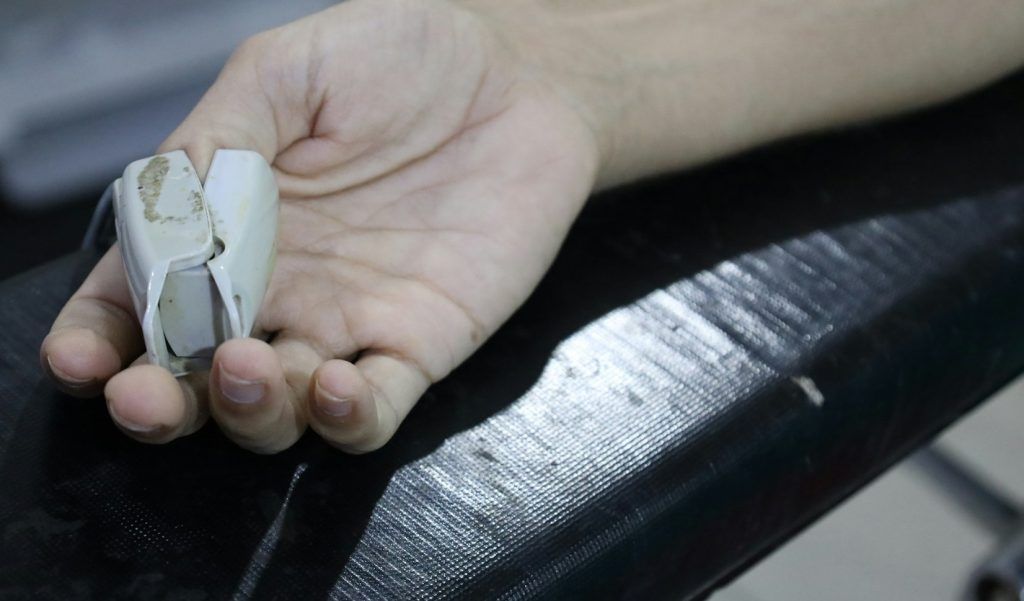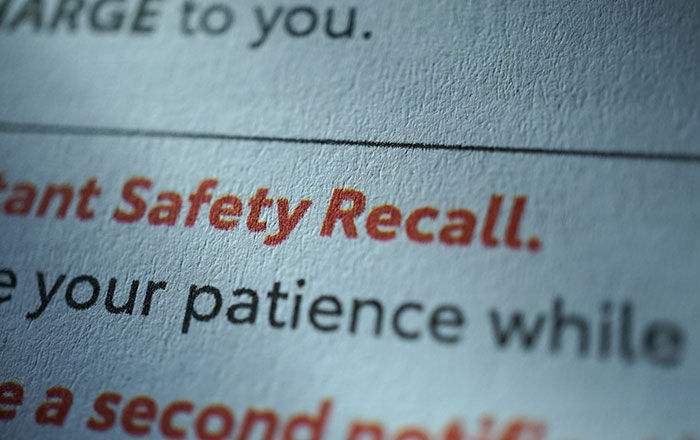Losing a loved one unexpectedly can be one of the most devastating experiences in life, and the emotional turmoil can be compounded when that loss is due to someone’s negligence. Wrongful death lawsuits serve as a legal avenue for surviving family members to seek justice and compensation for their loss. Understanding the specifics of what constitutes a wrongful death claim is crucial for those facing such a tragedy.
In South Carolina, the law outlines who is eligible to file a wrongful death lawsuit and what types of damages can be pursued. Immediate family members and legal beneficiaries may initiate these claims, which can encompass both economic and non-economic damages, as well as punitive damages. It is vital to recognize the legal distinctions involved, including the crucial elements of negligence that must be proven in court.
This article will delve deeper into the qualifications for filing a wrongful death lawsuit in South Carolina, exploring the legal process, time limits, and the importance of professional legal representation. Additionally, we will address common defenses and the role of insurance in these complex cases, providing a comprehensive overview for those seeking to navigate this challenging situation.

Key Elements That Constitute A Wrongful Death Claim
In South Carolina, a wrongful death claim arises when someone dies due to the negligent, reckless, or intentional actions of another party. These claims are typically filed by the deceased person’s family members or estate to seek compensation for losses associated with the death.
Negligence or Misconduct: The death must have been caused by another party’s negligence, recklessness, or intentional actions. Some common examples include car accidents, medical malpractice, defective products, and workplace accidents.
Causation: It must be proven that the defendant’s actions directly led to the person’s death. The plaintiff must show a direct link between the wrongful act and the fatal outcome.
Damages: The family or estate must have experienced measurable losses due to the death, which could include funeral expenses, medical bills incurred before the death, loss of companionship, and lost income or support the deceased would have provided.
Who Can File A Wrongful Death Lawsuit?
In South Carolina, certain individuals are outlined by law to have the right to initiate this type of lawsuit. The purpose of these lawsuits is to seek financial compensation for the losses associated with the wrongful death, such as funeral costs, loss of companionship, and economic hardships due to the deceased person’s absence.
Immediate family members
Immediate family members typically include the spouse, children, and parents of the deceased person. They are prioritized as the main parties who can file a wrongful death lawsuit. If the deceased is survived by a spouse and children, both parties are eligible to pursue the action either jointly or through a representative. The law acknowledges that these family members generally suffer the most significant emotional and financial impacts from the loss.
Legal beneficiaries
Legal beneficiaries may also have the right to file a wrongful death lawsuit. This category includes individuals who would benefit from the estate of the deceased according to South Carolina’s intestacy laws. Legal beneficiaries might include other relatives or designated individuals as specified in a will or estate plan. In situations where immediate family members are absent, these beneficiaries may seek compensation for their losses due to the wrongful death.
In South Carolina, it’s crucial that the lawsuit is filed by the executor or personal representative of the deceased person’s estate. This ensures that the legal process is conducted properly and that any compensation awarded is distributed in accordance with the state’s laws.
Types Of Damages In Wrongful Death Claims
In South Carolina, wrongful death claims are aimed at seeking compensation for the survivors of a deceased person whose death was caused by negligent parties. These claims can include various types of damages to cover both tangible and intangible losses. The categorization of damages ensures that the surviving family is justly compensated for their loss and the effects of the negligent actions that led to the unexpected death.
Economic damages
Economic damages in a wrongful death lawsuit are quantifiable financial losses resulting from the deceased person’s passing. These typically include medical expenses incurred before death, funeral expenses, and burial expenses. Additionally, economic damages may cover the loss of the deceased person’s expected earnings and benefits, providing financial relief during a difficult time.
Non-economic damages
Non-economic damages address the intangible losses suffered by the family after a fatal accident. These include the loss of companionship, emotional distress, and mental anguish experienced by the surviving family members. These types of damages are more subjective than economic damages, as they seek to compensate for personal and relational losses rather than financial ones.
Punitive damages
Punitive damages are awarded in wrongful death actions to punish particularly egregious or negligent actions by the responsible parties. Unlike economic or non-economic damages, punitive damages are not meant to compensate the family but to deter similar conduct in the future. These damages can sometimes lead to exemplary damages being imposed on the negligent parties, bringing additional financial strain on them as a consequence of their actions.
Legal Process Of A Wrongful Death Lawsuit
A wrongful death lawsuit in South Carolina is a civil action brought by the family or the estate of a deceased person. This type of lawsuit is filed when an individual dies due to the negligent actions or misconduct of another party. Such lawsuits seek to provide financial compensation to the deceased’s family for their loss. The legal process involves several steps, including gathering evidence, filing claims, and potentially proceeding to trial if a settlement cannot be reached.
Filing a claim
To file a wrongful death claim in South Carolina, a personal representative of the deceased person’s estate must initiate the lawsuit. This individual, often appointed by the probate court, typically represents the interests of surviving family members. The lawsuit must be filed within the statute of limitations, which, in South Carolina, is generally three years from the date of the deceased person’s death. The claim aims to recover damages such as medical bills, funeral expenses, and loss of companionship.
Key elements of negligence
Negligence is a legal concept often used in personal injury and wrongful death lawsuits. It involves a failure to act with the level of care that someone of ordinary prudence would have exercised under similar circumstances. For a claim of negligence to be successful, specific elements must be proven in court.
Duty owed
The first element of negligence is the establishment of a duty owed by the defendant to the plaintiff. This means that the defendant had a legal obligation to act in a certain way towards the plaintiff. For instance, drivers owe a duty to others on the road to drive safely and follow traffic laws.
Duty breached
Once a duty is established, it must be shown that the duty was breached. This breach occurs when the defendant fails to meet the standard of care required. For example, a driver who runs a red light and causes an accident has likely breached their duty to obey traffic laws.
Causation
Causation links the defendant’s breach of duty to the harm suffered by the plaintiff. It must be demonstrated that the defendant’s actions were the direct cause of the injury or damage. This element includes both actual cause and proximate cause; the latter focuses on whether the harm was a foreseeable result of the defendant’s actions.
Damages
Finally, the plaintiff must show that they suffered damages as a result of the defendant’s breach. These damages can be physical, emotional, or financial, including medical bills, property damage, and emotional distress. Without demonstrable damages, a negligence claim cannot succeed.
Time Limits For Filing A Wrongful Death Lawsuit In South Carolina
In South Carolina, filing a wrongful death lawsuit is subject to specific time limits known as the statute of limitations. Generally, the wrongful death claim must be filed within three years from the date of the deceased person’s death. It is crucial to adhere to this time frame, as failing to do so can result in the loss of the right to pursue legal action.
The statute of limitations can vary in certain situations. For instance, if the wrongful death involved governmental entities, shorter deadlines might apply. It is advisable to consult with a wrongful death attorney to understand any exceptions that may impact the filing deadline. Keeping track of these timelines helps ensure that the deceased person’s family can seek financial compensation for losses such as medical expenses, funeral costs, and loss of companionship.
Importance Of Legal Representation
Legal representation is crucial in navigating the complexities of the legal system, ensuring your rights are protected. Lawyers have the knowledge and experience required to interpret laws and regulations, providing guidance and strategy tailored to your situation. They can significantly impact the outcome of cases by presenting evidence, handling paperwork, and advocating on your behalf.
Having a lawyer reduces the risk of costly mistakes and can save time by efficiently managing legal procedures. Legal professionals also offer objective advice during emotionally charged situations, which helps in making informed decisions. In litigation or negotiations, their experience and knowledge help in achieving favorable resolutions, including financial settlements or court decisions.
In summary, the right legal representation is pivotal in safeguarding your interests, understanding legal processes, and achieving the best possible outcome in your case.
Common Defenses In Wrongful Death Cases
In wrongful death cases, defendants often raise several common defenses to contest liability. One frequent defense is disputing causation, where the defendant argues that their actions did not directly cause the deceased person’s death. They may assert that the fatal accident resulted from an unforeseeable event or the deceased’s own negligent actions.
Another common defense involves questioning the statute of limitations. The defense might claim that the wrongful death claim was filed after the legal time limit had expired, which in South Carolina is typically three years from the date of death. Additionally, the defendant might argue for shared blame, suggesting that multiple parties contributed to the incident, reducing their share of liability.
Comparative negligence and pre-existing conditions are also typical defenses. In cases of comparative negligence, defendants may contend that the deceased was partially responsible for the incident. Finally, if the deceased had pre-existing health issues, a defendant might argue that these conditions, rather than any negligent actions, contributed to the death.
Understanding these defenses is crucial for a wrongful death attorney, as it allows them to prepare adequately to counter these claims while seeking financial compensation for their clients.
Contact McWhirter, Bellinger & Associates Today
The South Carolina personal injury lawyers at McWhirter, Bellinger & Associates have been representing clients in wrongful death claims for more than 40 years, working hard to achieve maximum compensation and bring at-fault parties to justice.
Our law firm has seven offices across the Midlands of South Carolina, and we offer free case evaluations to anyone who has lost a loved one due to someone else’s negligence or recklessness. When you contact us, we will listen to your situation and advise you on whether you qualify to file a legal claim. There is absolutely no obligation to hire us after speaking with us.
Give our wrongful death lawyers a call today at 803-653-6449. It won’t cost you anything to see if we can help.®
Photo by mohamad azaam on Unsplash















